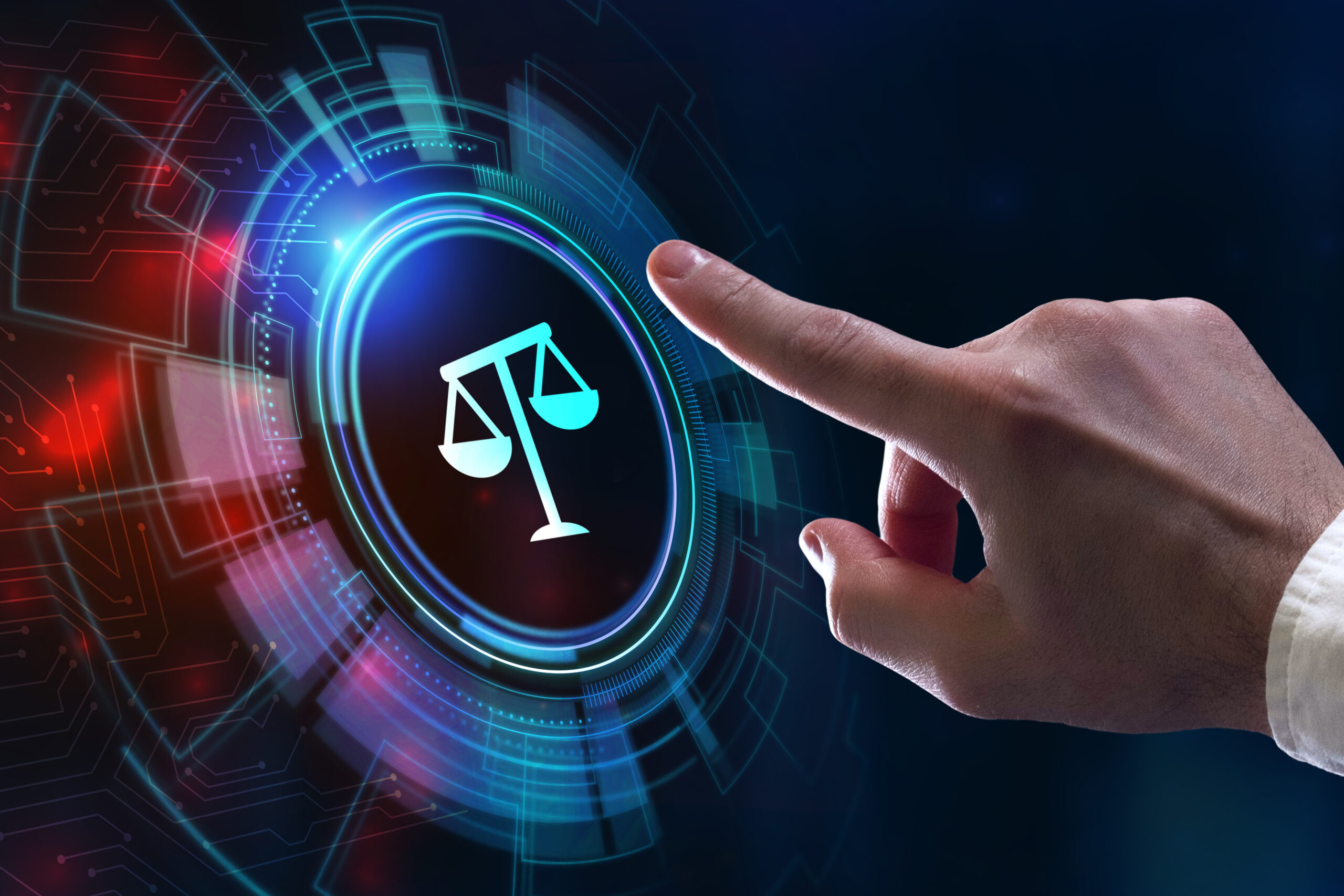Joshua Browder, CEO of startup DoNotPay, tweeted out an audacious offer to give $1 million to any attorney willing to pop in a pair of AirPods and argue a case in front of the Supreme Court by repeating exactly what the company’s AI-enabled “robo-lawyer” says.
Judging by the response on social media, the proposal was meant to stoke controversy and generate headlines. Browder said in an interview that he hasn’t gotten any takers for that specific offer, but interested parties have contacted him about cases at the appellate, federal district and state court level.
DoNotPay’s robo-lawyer will be making its first foray into actual courtroom proceedings next month, when the technology will be used to surreptitiously argue two cases in municipal traffic court.
In one case, the defendant will be fed what to say through their headphones. In another Zoom hearing, DoNotPay will offer the defendant a teleprompter script. The startup is paying the participant’s ticket regardless of the outcome.
“Some lawyers cost $2,000 an hour, and most people can’t afford legal help,” Browder said. “What we’re trying to do is prove our technology with these test cases and then advocate for allowing access to justice tools in the court.”
Most courts and jurisdictions expressly prohibit unauthorized recording and internet-connected devices, but the company’s team has targeted specific venues where these tools are allowed, along with areas with more lax standards for who can provide legal advice to parties. The company is keeping the participants’ names and locations under wraps.
“We’re only doing this as a proof of concept in two areas where it’s not explicitly against the letter of the law,” Browder said, acknowledging though that “it’s probably against the spirit of the rules.”
But those rules exist for a reason, said Alphonse Provinziano, the lead attorney with Los Angeles firm Provinziano & Associates. Apart from the threat to the integrity of the court system, he sees potential risk in the form of a contempt of court charge if the judge catches wind that something dishonest is happening.
“They are calling it a robo-lawyer, but it isn’t a lawyer. By definition, it isn’t licensed to practice law,” Provinziano said. “What they are providing is AI-assisted legal information, which is amazing, but it isn’t a lawyer.”
Provinziano isn’t against increasing the use of AI technology in courtrooms and has advocated for allowing audio recordings in family law proceedings to provide transcripts. He also believes that AI legal assistance could be used as consultants in family law or traffic court cases where the vast majority of people are unrepresented.
However, he said that DoNotPay’s approach is likely to “create enmity” and that a more transparent approach would help to better serve the public in an appropriate manner.
“It’s almost like they’re trying to be the Banksy of legal information services,” Provinziano said. “This kind of attention is ultimately not going to work out if they create backlash, because the law is on the side of the legal profession.”
‘We Want To Fight Back’
Browder founded DoNotPay in 2015 after gaining a reputation for being the person his friends and family turned to get their tickets rescinded or their fees reduced.
After being inundated with requests, the entrepreneur used his computer science training to develop automated templates that could help with a variety of consumer rights-related tasks.
The company sells a subscription service that can help users with negotiation for everything from reducing a Comcast bill to canceling a gym membership to breaking leases. The startup is currently working on an AI-assisted product to help negotiate down medical bills. So far, Browder said the company has successfully handled more than 2 million cases.
The 17-person company has raised $25 million investors, including a $10 million round led by Andreessen Horowitz that valued it at $210 million. Browder recently moved from San Francisco to New York and is establishing a new headquarters office on the East Coast, a transition he attributed in part to policies like San Francisco’s gross receipts tax.
Over the past year, DoNotPay’s adoption of generative conversational AI technology like OpenAI’s GPT-3—the basis of ChatGPT—means that its tool has evolved from defined templates to reactive back-and-forth conversations.
That comes with its own technical hurdles. The first is that AI has a tendency to exaggerate. While hyperbole can work in helping to negotiate a cable bill downward in an individual case, that type of liability will not work in a courtroom.
The second is that generative AI talks too much. To overcome this issue, Browder said the company’s technology actually relies on two separate AI models: one to determine whether to speak and the second to determine what to say.
Browder said he understands the critiques of the company’s strategy but believes bold actions are necessary to push AI legal services forward. He said he hopes that at least five states will allow AI’s use in the courtroom to help consumers.
“If everyone just stuck to the rules, nothing would get done,” Browder said. “Everyone hates the system and we want to fight back.”
